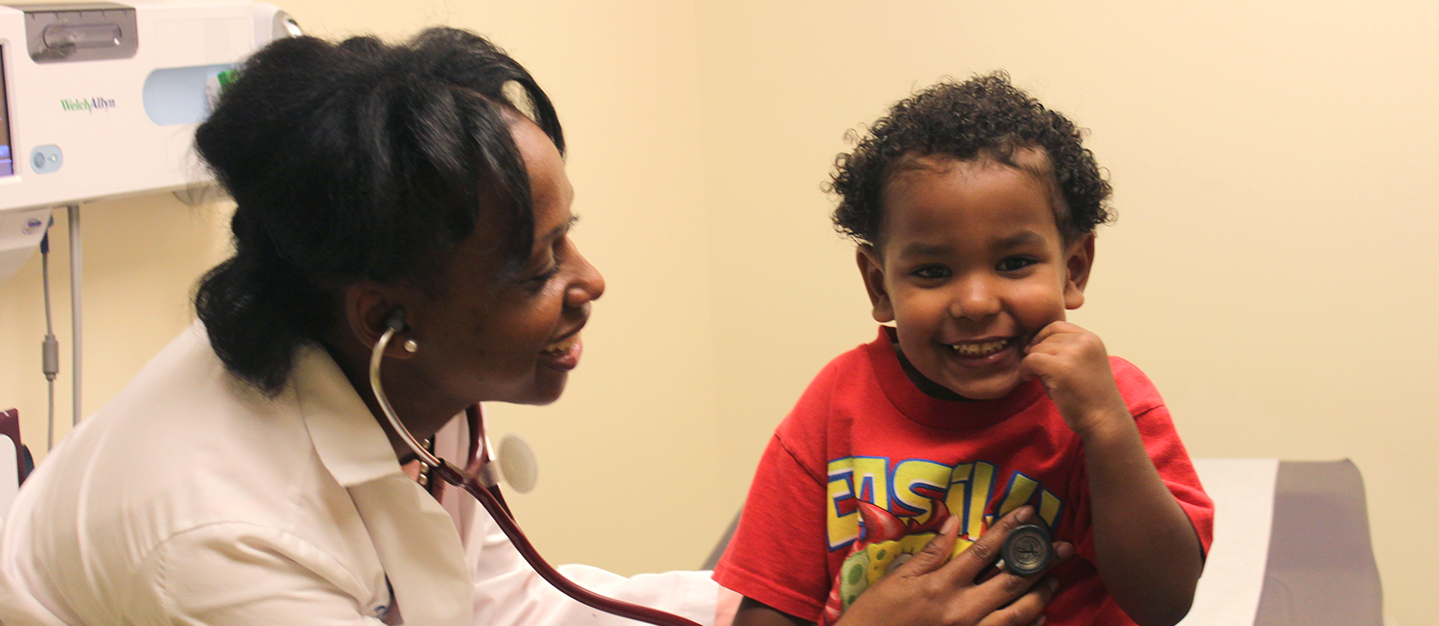|
The Consortium for Advanced Practice Providers exists to support new and ongoing postgraduate training programs for nurse practitioners and physician associates in the achievement and maintenance of the highest standards of rigor and quality, consistent with achieving the goal of an expert healthcare workforce prepared to meet the needs of patients and the society as a whole. |

Benefits and Outcomes
Benefits
Consortium for Advanced Practice Providers Accreditation: How might it benefit a program and organization?
Accreditation connotes rigor and quality in the program itself, and the likelihood of success of its graduates. As a newer organization, the Consortium recognizes it has to earn the respect of the Postgraduate NP, PA, and Joint NP/PA Residency and Fellowship Training Programs. The Consortium looks forward to demonstrating our ability to serve as the premier accrediting organization for Postgraduate NP, PA, and Joint NP/PA Residency and Fellowship Training Programs. The Consortium believes accreditation, and the process of the Self Study and continuous improvement that is built into our process will help a program continually improve and strengthen, allowing it to compete for the best applicants and to make a substantial contribution to health and healthcare in America.
As the Consortium grows, we look forward to developing additional benefits for our accredited organizations and for the Postgraduate NP, PA, and Joint NP/PA Residency and Fellowship Training community.
Learn more about Benefits of Accreditation here.
Outcomes
What are the known outcomes of Postgraduate NP, PA, and Joint NP/PA Residency and Fellowship Training Programs?
As the IOM Future of Nursing Committee accurately notes, there is still insufficient research on Postgraduate NP, PA, and Joint NP/PA Residency and Fellowship Training Programs in terms of both structure and design, and measurable outcomes. The Consortium welcomes and encourages further research in this area. CHCI has shared its outcome data with the Consortium:
- Predictable, progressive movement towards mastery, confidence, competence, and a sense of wellbeing as evidenced through preceptor evaluation, and resident self-evaluation; as well as objective clinical performance data.
- Statistically significant increase in NP and PA Residents self-assessment of competency, based on a standardized assessment of competency tool.
- Post-residency choice of, and retention in, careers as primary care providers in the safety net setting, with 91% of CHCI’s 86 graduates practicing as primary care providers and 88% practicing as PCPs in FQHCs.
Postgraduate Trainee Achievement
In 2023, the average completion rate was: 92% and Job placement rate was: 82% of the Consortium’s accredited programs.
* The Consortium’s Completion Rate Benchmark is 50% which is averaged over three consecutive years.
* The Consortium’s Job Placement Rate Benchmark is 50% and within 180 days of program completion of the program. 50% of the NP and PA postgraduate trainee completers “available for employment” would secure job placement (employment) and would secure employment within 180 days of program completion.
One resident’s experience
“After the residency, I moved to a health center in one of the poorest towns of my state. My transition to being an independent provider has been smooth. I have a certain level of confidence that enables me to keep my head above water. A list of twelve complaints in one visit no longer paralyzes me; instead I prioritize almost instinctively. I ask better questions. I put the pieces together just a little bit faster. And when I feel like I’m about to crumble from the demands of community health, I remember that there are thousands of primary care providers out there with varying levels of training and experience all facing similar challenges. I am grateful to know that this is the nature of the work, that this is simply what it requires and that I am well prepared to address the needs of the community.” – M.O, 2007 cohort, speaking at a Capitol Hill Briefing, 2009, Washington, DC
Updated and Approved on 12/09/2024

